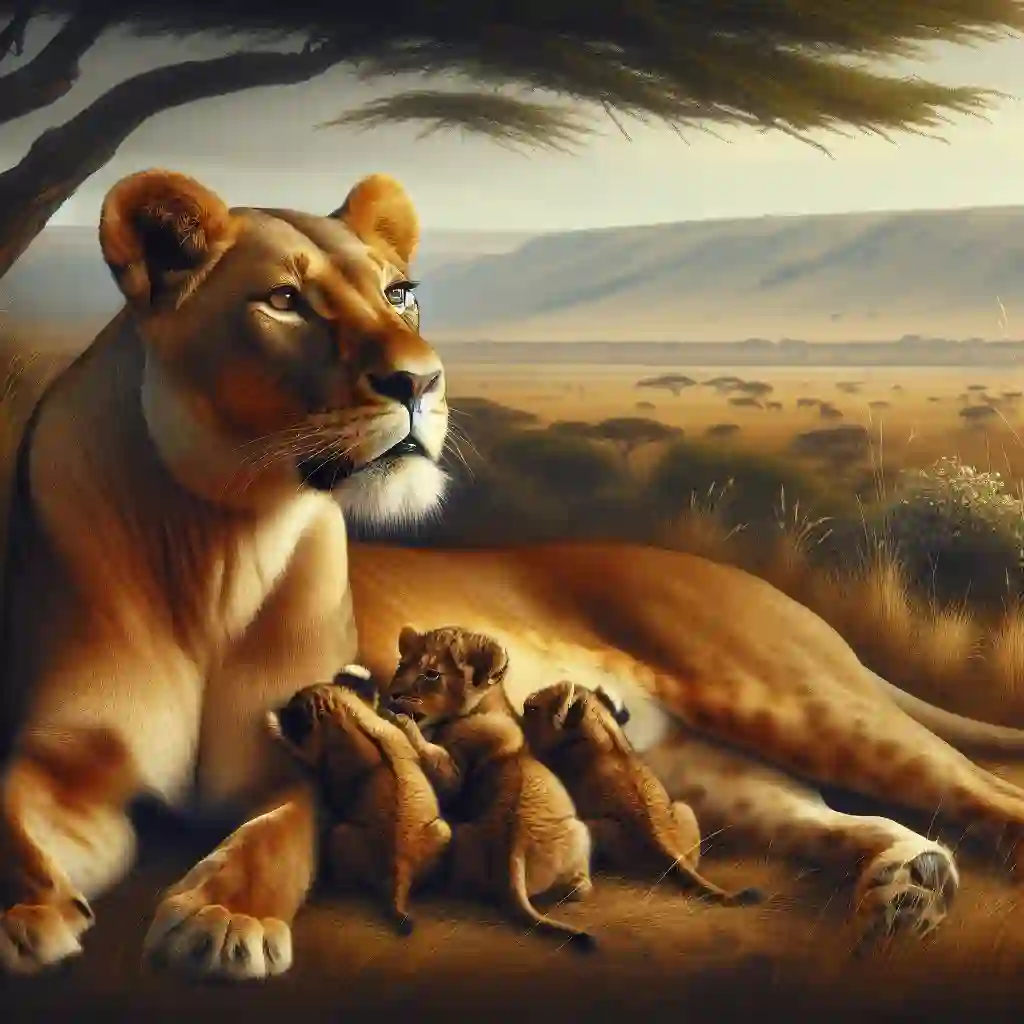mammalの語源(語根)と覚え方
英語
mammal- 1名詞哺乳類
詳しい語源
英単語「mammal」は、ラテン語「mamma(乳房)」を由来としています。このラテン語は、印欧祖語「*ma-」(母)に由来します。
EnglishBattle公式X で更新情報を発信しています。
mammalと同じ語根の英単語
印欧祖語 *ma-
- 母
mammalの主な意味と例文
- 1名詞
意味 - 哺乳類
- 哺乳動物
- 哺乳生物
a warm-blooded vertebrate animal with hair or fur, females have mammary glands for feeding milk to their young
例文 A whale is a mammal.
クジラは哺乳類です。
Humans are mammals.
人間は哺乳類です。
mammalのWordNet
- 1名詞
意味 哺乳動物
any warm-blooded vertebrate having the skin more or less covered with hair; young are born alive except for the small subclass of monotremes and nourished with milk
少なくともある程度毛で覆われた皮膚を持つ恒温動物の脊椎動物の総称。モノトレム類という小さな亜目を除き、子供は生きたまま生まれ、ミルクで育てられる。
和訳例 - 哺乳動物
- ほ乳類
同義語 - mammal
- mammalian
上位語 animals having a bony or cartilaginous skeleton with a segmented spinal column and a large brain enclosed in a skull or cranium
骨または軟骨の骨格を持ち、分節化された脊柱と頭蓋骨に収められた大きな脳を持つ動物
下位語 animals that nourish their young with milk
ミルクで子供を育てる動物
any mammal with prominent tusks (especially an elephant or wild boar)
目立った牙を持つ哺乳動物(特に象やイノシシ)
primitive oviparous mammals found only in Australia and Tasmania and New Guinea
オーストラリア、タスマニア、ニューギニアにのみ見られる原始的な卵生哺乳類
mammals having a placenta; all mammals except monotremes and marsupials
胎盤を持つ哺乳類。単孔類と有袋類を除くすべての哺乳類
primitive pouched mammals found mainly in Australia and the Americas
主にオーストラリアとアメリカ大陸に見られる原始的な有袋類
構成要素 被構成員 warm-blooded vertebrates characterized by mammary glands in the female
メスが乳腺を持つ恒温の脊椎動物
専門用語 (of mammals) walking on the toes with the posterior part of the foot raised (as cats, dogs, and horses do)
哺乳類が、足の後部を持ち上げてつま先で歩く様子(猫、犬、馬など)
(of lower mammals) showing or in a state of estrus; in heat
(下等哺乳類で)発情または発情状態にある
(of lower mammals) not in a state of estrus; not in heat
(低位哺乳動物の)発情期にない; 発情していない
freed of dependence on something especially (for mammals) mother's milk
特に哺乳類の母乳に依存しない状態から解放された
もっと見る
